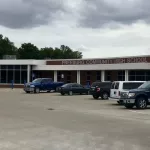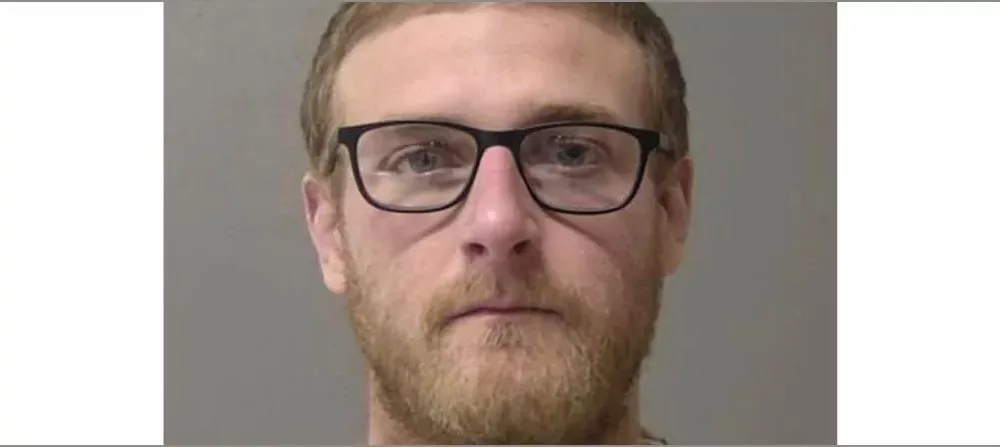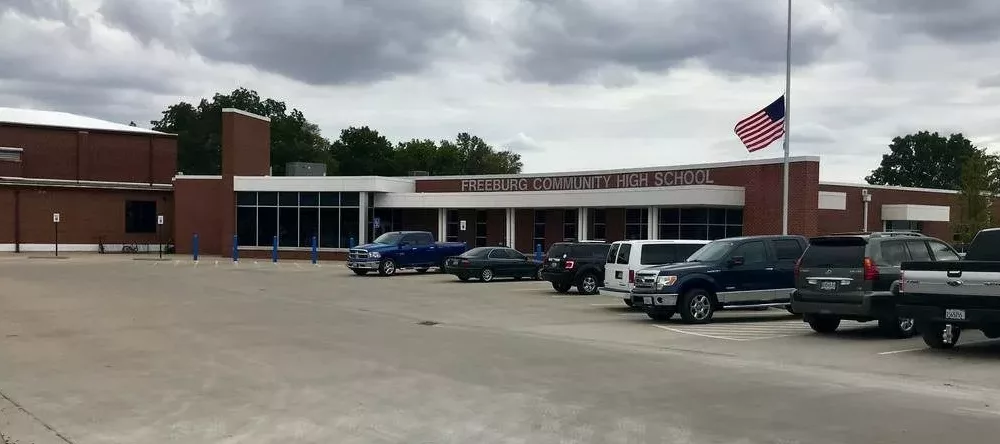By GREG BISHOP for the Illinois Radio Network
SPRINGFIELD, Ill. (IRN) — Those in food deserts in Illinois may eventually find an oasis thanks to a new program.
Gov. J.B. Pritzker recently signed legislation establishing the Healthy Foods Access Program to help fill gaps in the food map.
A cooperation between the Department of Human Services and the Department of Commerce and Economic Opportunity, the program will facilitate financial assistance to grocery retailers including grants, loans and equipment.
Stephen Ericson, executive director of Feeding Illinois, said this bill is long overdue.
“It’s very timely based on the situation that we’ve been seeing across the state in many, many areas, both urban, suburban and rural, where we have pockets of where our population or our residents, our neighbors, just cannot access nutritious foods and particularly even culturally appropriate foods,” he told The Center Square.
Food deserts are more common in rural or low-income areas where a dearth of grocery stores or transportation put fresh food out of reach.
“I think this legislation could potentially go a long way to addressing that,” Ericson said.
Lawmakers echoed that sentiment, praising the new program.
“Food is medicine, and everyone deserves a right to access it,” said State Rep. Sonya Harper, D-Chicago, in the statement. “I’m hopeful this new law will help strengthen our small businesses and create new options for healthy food in our most vulnerable communities across the state while bringing in food and jobs to those that need them most.”
Ericson pointed out DCEO is taking part because it will involve economic investment in communities.
“I think it will not only help the residents, it will [also] help the community and probably the region where these investments are made over the course of those three years,” he said.
Harper noted lack of access has contributed to health disparities and even shorter life expectancies in areas with food deserts.
It’s not just a matter of putting a grocery store in a community, however. Ericson said there are two points of need that must be addressed: access and affordability.
“We have a lot of areas where the population and the cost of living and the retailers may not all mesh as far as what the price points are,” he said.
Also known as a “food mirage,” this is where you have a store where the nutritious foods are at a cost or price that most residents in the community can’t afford.
If the retailer isn’t matched to the consumers and community then the state will be setting itself up for failure, Ericson added. He is confident, however, that those involved are well aware and are going to do a good job.










